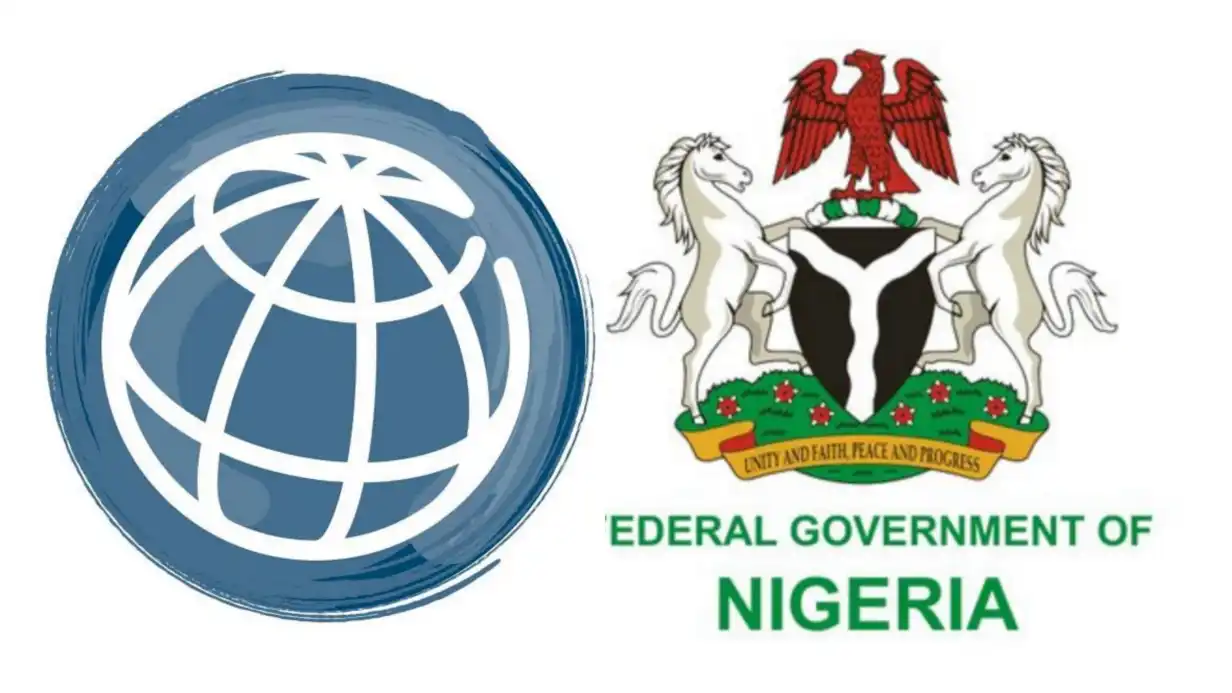The World Bank is set to approve two loans totalling 750 million dollars for Nigeria on Tuesday, September 30, 2025, according to documents released on the bank’s official website. The financing is directed at strengthening health security and expanding climate-resilient digital infrastructure across the country.
The package includes 500 million dollars for the Building Resilient Digital Infrastructure for Growth in Nigeria (BRIDGE) project and 250 million dollars under the Health Security Programme in Western and Central Africa, Nigeria – Phase II.
The BRIDGE initiative, led by the Federal Ministry of Communications, Innovation and Digital Economy, is aimed at expanding broadband access in underserved communities. With an estimated cost of 1.6 billion dollars, the project will be funded through a mix of concessional credit and private investment.
Communications and Digital Economy Minister, Dr Bosun Tijani, described the programme as central to Nigeria’s digital transformation. “Over the past two years, we have worked tirelessly on what is arguably the most ambitious and foundational digital infrastructure project in Nigeria’s history, Project BRIDGE,” Tijani said in August while presenting the technical design for a two billion dollar fibre-optic expansion plan.
According to him, the new network will extend from 35,000 kilometres to over 125,000 kilometres, with seven national fibre rings, 37 city-level loops, 77 regional networks, and several edge data centres. The rollout will be managed through a Special Purpose Vehicle in which the Federal Government will hold a 51 percent equity stake.
The second facility, worth 250 million dollars, will be managed by the Nigeria Centre for Disease Control and Prevention in collaboration with the Federal Ministry of Finance. It is designed to improve Nigeria’s capacity to prevent, detect, and respond to pandemics and other public health emergencies.
The World Bank stated that the health programme would “strengthen regional surveillance systems and emergency response mechanisms” across West and Central Africa, pointing to lessons from the COVID-19 pandemic and other recent health crises.
Nigeria has seen rising World Bank support in recent years. Data shows that 8.4 billion dollars in new loans were approved for the country between June 2023 and August 2025, covering 15 projects in health, energy, education, governance, and rural development.
Economists remain divided on the implications of continued borrowing. Lagos-based analyst Adewale Abimbola said, “Borrowing isn’t inherently bad. If it’s concessionary and tied to viable, revenue-generating projects, then it’s a smart move. The key is in implementation and accountability.”
However, development economist and CEO of CSA Advisory, Dr Aliyu Ilias, raised concerns about Nigeria’s rising debt levels. “When former President Muhammadu Buhari left office, the debt stock was around 87 trillion naira. Now, it’s approximately 149 trillion naira, and projections suggest it could hit 180 trillion,” he said.
He questioned the government’s reliance on loans despite increased revenues from tax collections and subsidy removal. “Why are we borrowing more when we’re supposedly earning more? It’s clear the debt burden is crowding out funding for essential public services and capital projects,” Ilias added.
Figures from the Debt Management Office show Nigeria owes the World Bank 18.23 billion dollars as of March 31, 2025, representing nearly 40 percent of the country’s external debt. The World Bank accounts for over 81 percent of Nigeria’s multilateral debt profile.

